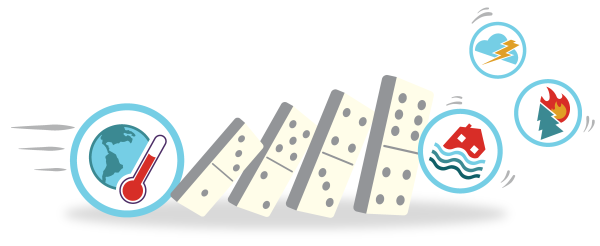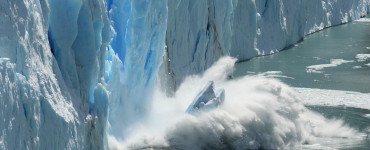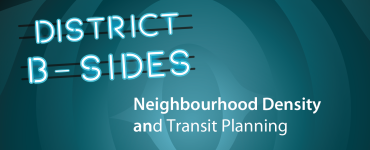Resources
What is climate change?
The Earth’s temperature is regulated by atmospheric gases that trap heat from the sun and make life thrive—these heat trapping gases are called greenhouse gases, and this is called the greenhouse effect.
Water vapour, carbon dioxide and methane are the primary greenhouse gases. Carbon exists on Earth naturally, and is stored in plants, ground soil, and the ocean. Human activities, such as clear-cutting forests and burning fossil fuels, have released large amounts of carbon dioxide and methane into the atmosphere, causing the temperatures of the Earth to rise. This shift in weather patterns is referred to as climate change or global warming.
The Domino Effect
As the Earth warms, natural systems are disrupted. Extreme weather events such as hurricanes and heat waves become more common. Many animal species may become extinct due to climate change, and some places on the planet are likely to become uninhabitable for humans, leaving millions of climate refugees behind.
We must take urgent action to slow and then stop global warming. While we lower our emissions (or mitigate) it is also important that we plan and adjust to changes that are already occurring and that will continue to occur (or adapt).

What does the science tell us?
Due to human-caused greenhouse gases, the Earth’s average temperature has already increased by approximately 1 degree Celsius in the last 150 years. Greenhouse gas concentrations in Earth’s atmosphere have not been as high as they are now for at least 800,000 years.
The Intergovernmental Panel on Climate Change (IPCC), established by the United Nations and the World Meteorological Organization, is the global scientific authority on climate change. The most recent IPCC report, informed by thousands of international scientists, advised that we must take urgent action to keep global temperature increases to a maximum of 1.5 degrees Celsius in order to avoid disastrous consequences.
To achieve this, we must reduce global greenhouse gas emissions by 45% by 2030 and humans must achieve a net zero carbon footprint by 2050.
Keep Learning
Interested in learning more about climate change? Continue your learning journey with resources and subject matter experts who are happy to share their knowledge with you.




